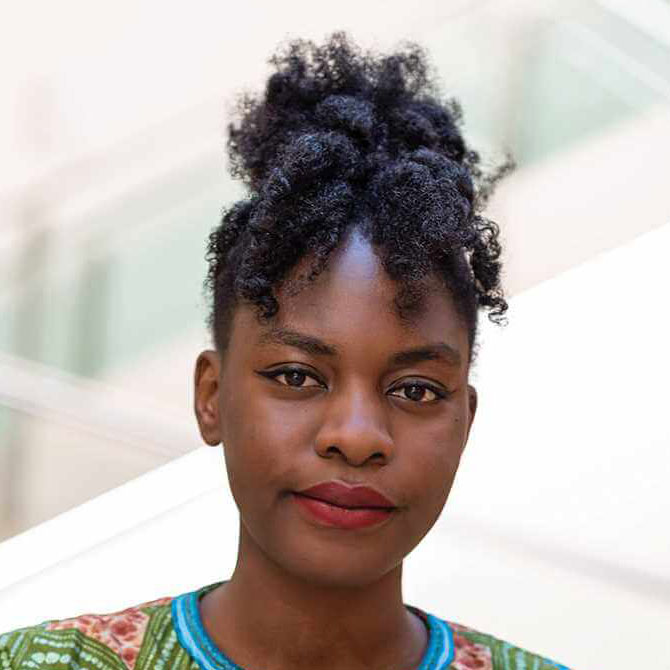HoSAI: A holistic approach to girls’ safety
Safeguarding girls from harm to ensure they feel safe in Zambia post COVID-19.

The Spark
As a result of school closures during the pandemic, girls faced an increased incidence of gender-based violence and harassment in the home.
Holistic Safety Analysis and Intervention (HoSAI) program was created in response to the complex crises affecting girls, especially those at risk during the pandemic. It was set up to solve urgent safety needs girls have both in the short and long term. The program was co-created with young women, ensuring a holistic, needs-led approach was adopted. HoSAI is centered on the unique safety needs of each girl and has developed a self-evaluation toolkit so that girls can evaluate their own internal and external safety needs, and identify the root cause of their safety problems, rather than just treating the symptoms. HoSAI has also developed safety education curriculum and a blueprint for Holistic Safety Analysis and Intervention that can be adapted for other local contexts.

Holistic Safety - Creating a Safe World for Girls
Esther is an Atlantic Fellow for Social and Economic Equity and with the support of an Atlantic Institute Solidarity Grant, her organization Safety First for Girls (SAFIGI Outreach Foundation), launched a pilot of the Holistic Safety Analysis and Intervention (HoSAI) program. Safety is a basic human need that means being safeguarded from harm. HoSAI was a rapid response project designed to identify the internal (mental, emotional, cultural) and external (body, societal, environmental) safety needs of girls aged 15-25. The pilot project ran in Zambia during the COVID-19 pandemic, which exacerbated gender inequality, and had made girls more vulnerable.
HoSAI has 3 main objectives:
- Give girls the power, autonomy, and tools to solve their safety concerns;
- set a standard on how to address safety concerns affecting girls in a holistic way; and
- to improve wellbeing and health of local communities in order to increase life expectancy and quality of life.
HoSAI worked with community stakeholders and local experts to help identify priority safety concerns, such as sexual abuse, period poverty, victim shaming and access to justice. Girls were identified with the help of partners from organizations working with vulnerable girls and through social media platforms. HoSAI employs a 3-step model: (i) analysis of a girls safety issues; (ii) education to provide basic information about the safety issues; and (iii) intervention by providing a referral or linkage to services that helps to solve the safety issues. HoSAI’s scope is global and it includes advice to adapt the tools to a local context.

The Initiatives
“The HoSAI project is a very good project that will be extremely beneficial to the society now and the generation to come.”

The Scale
The HoSAI program has supported 60 of the most disadvantaged girls in Zambia.
The program has made an impact by:
- Onboarding 27 girls to the HoSAI program and provided menstrual kits to 23 girls at a local community school.
- Producing holistic safety blueprint following analyst of contributions from at least 500 people in ‘Safety First For Girls’ (SAFIGI) through media, blogs, research and data.
- Paying school fees for girls, made referral and linkages for therapy sessions, and bought sanitary pads and food for disadvantaged girls.
- providing meaningful short-term employment with good compensation to 10 young Zambian women who co-created the curriculum for the program.
- Engaging with local NGOs and Community groups to adopt the HoSAI as a model when responding to girls in need of safety.
- Collaborating with a therapist to develop a blueprint for Holistic Safety Analysis and Intervention, including six safeguarding principles, that can be adapted for local contexts.
- Producing a safety report on Holistic Safety of Girls in Zambia.
The Future
The project was a pilot, and therefore Esther and her organization ‘Safety First for Girls’ are learning and growing from the process. They plan to put the resources online to ensure they are accessible to communities beyond Zambia.
Media Mentions
The Initiative is working on releasing the Holistic Safety Education course and offering training on using HoSAI as a tool to improve the safety of girls and frontline defenders working with them.





